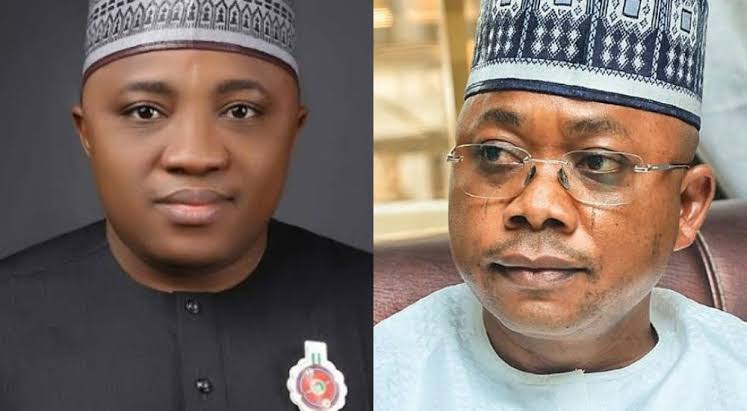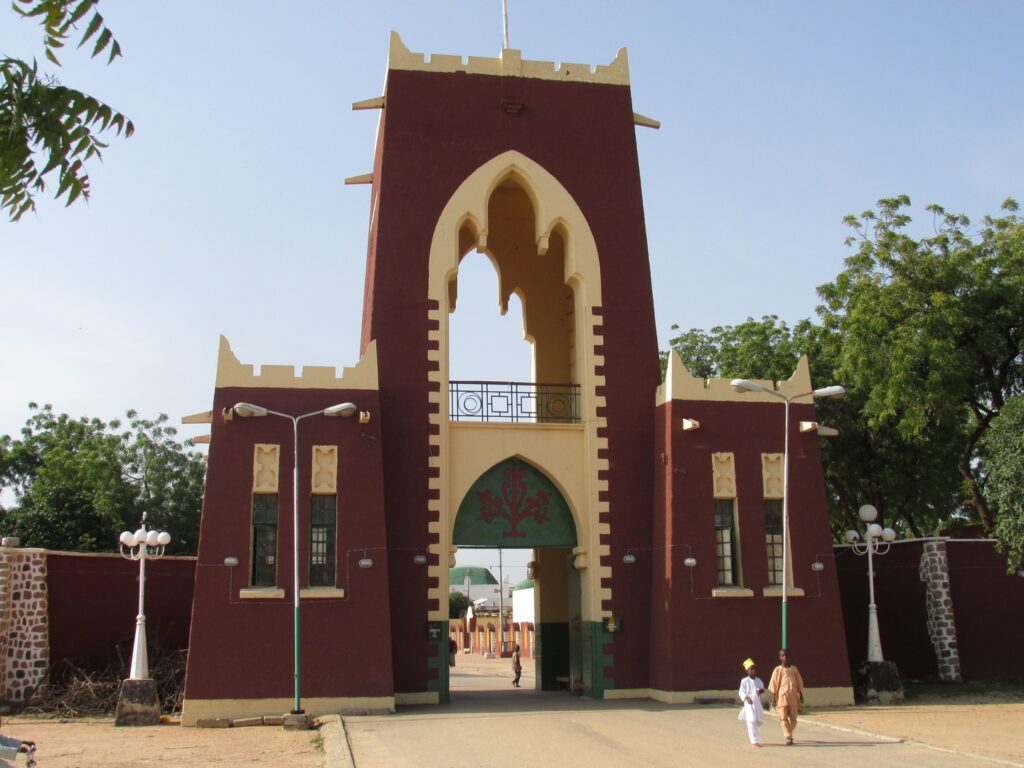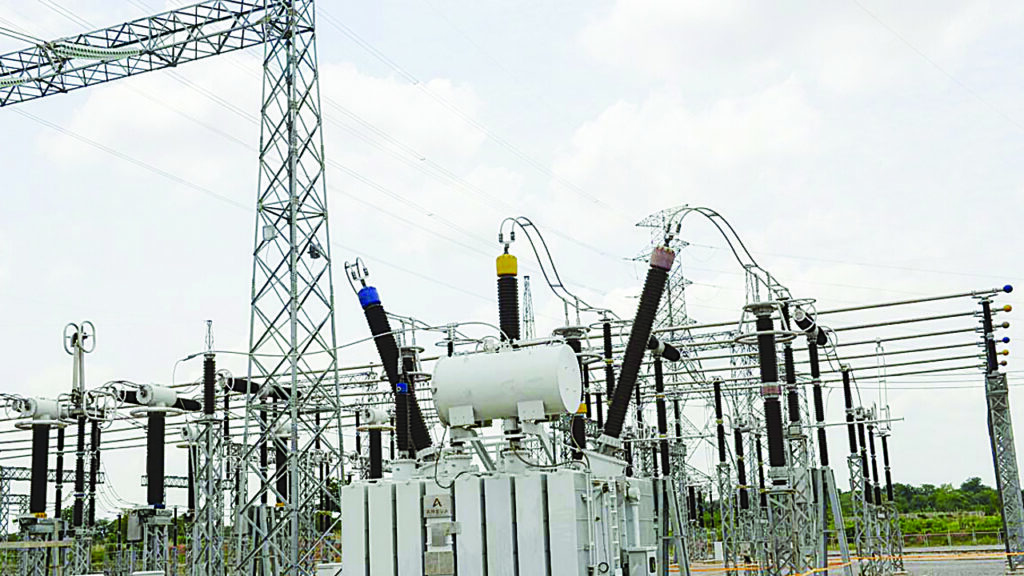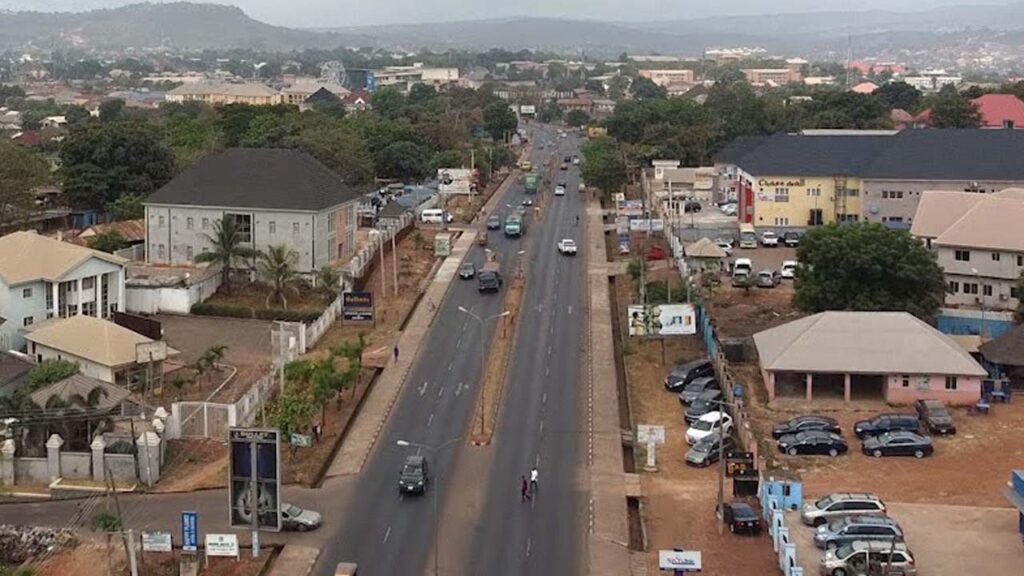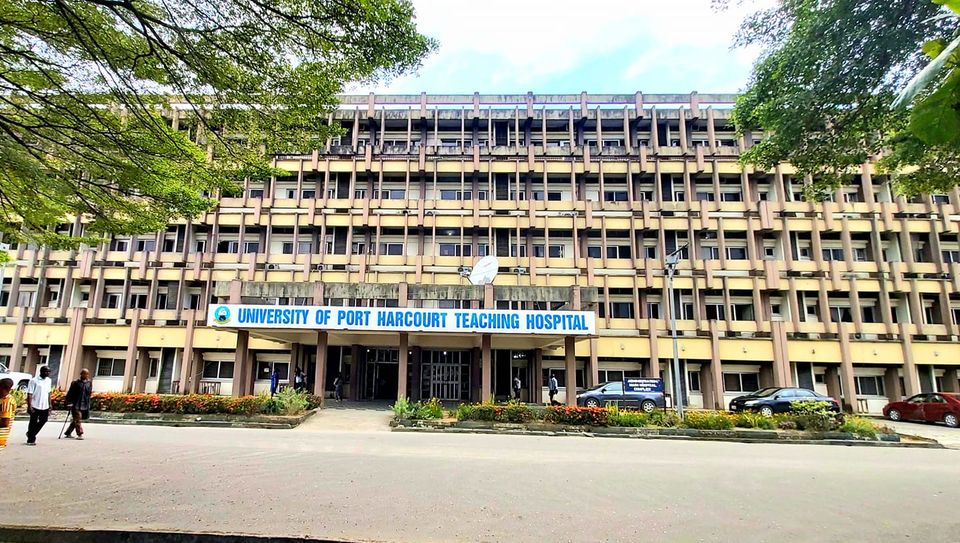
Benue is Benue. With many intellectuals and wise people, having a graduate as a governor is a good idea. Historically, our State’s political platform hardly experiences any scarcity of Ph.D. holders in gubernatorial contests. Nonetheless, there is now a new preference for a candidate with a “due process” training. This training is to amplify what can be heard in the valley and on the hills.
The successful candidate is required to demonstrate wisdom and resilience in focusing on what must be done to revive efficiency and exorcise the demon of ineptitude in governance. This is the reality in which the current most popular candidate, Father Hyacinth Alia, is purportedly being schooled.
The priest’s arrival on the political scene without “experience” generated some controversies and doubts regarding his chances of victory. It was interesting to observe that both in the Church and in the secular society, the elites quickly extended their vocal tongues of castigation against his political aspiration. Pulpits carried homilies on the sins of priests in politics, and some pews poured out venoms. In a culture of money politics, he appeared insignificant, as politicians dismissed his ability to purchase registration forms as an aspirant. The ordinary people relentlessly hoped and wished that Father Alia’s dream could come true in this climate of doubt.
Perceiving Alia’s steady rise, his critics, including the current governor, challenged him to return to his primary work of priestly ministry. This was palatable to the unsuspecting audience. Unfortunately, the credibility of this challenge is frozen as the current government led by Samuel Ortom has no precedence of attending to its “basic duties,” with no pensions and salaries paid, insecurity and absence of economic growth. In traditional ethics, the habitual subjection of older people in queues for pension screenings remains a lousy example of disrespect for elders. Who should be challenging whom?
More astonishing has been the slander from some Catholicic clergy who passionately embraced viciousness against someone who is supposed to be their brother. Beneath the gospel of charity, clergy members who never spoke against the sufferings of Benue people suddenly became preachers of the sins of a priest-governor. Some went so far that it became difficult to know the difference between what they were doing and what they were condemning. This confusion in the circle of the clergy is reminiscent of Amaziah, the paid priest of Bethel, who felt threatened by the appearance of Amos and condemned him for disrupting the king’s sanctuary (Amos 7: 10-13).
The series of litigations against Alia, after emerging as the candidate of his political party, have created for him a real political rollercoaster. I hope he has no history of high blood pressure. Many have become frustrated with the litigation dons who are determined to bully the priest. Social media has been awash recently with resentments towards the professor who has been in court regarding Alia’s emergence. I do not think that the professor is completely wrong, though. The job of a professor is to develop a standard curriculum, plan lessons and assignments, and assess students’ performance and progress toward achieving the highest goals. No one can challenge him to return to his primary duties.
Let us thank the professor who may have realized that Father Alia, who joined politics without prior experience, needed some training; and that perhaps could be the meaning of all that is happening. Notably, the common phrase on the lips of those litigating against Alia’s candidacy is that they want “due process” to be respected. Indeed, “due process” education is earnestly needed as a leadership training course in Benue State. The lack of due process is at the heart of government failures in our state. After passing the final test of this “due process,” Father Alia must not forget the following crucial lessons from the sandwich course.
First, the Benue captivity orchestrated by the elites is a moral cancer that must be cured. A more comprehensive application of “due process” is needed to promote the common interest of Benue citizens. Second, Benue State does not need another governor who will keep standing with the people without doing anything to let the people sit down and even sleep for some rest. Third, the exploitation of people’s misfortune via media shows of concern is an abuse of humanity. Fourth, poverty must not remain an inheritance that Benue parents will continue to pass on to their children. Fifth, due process must be applied to pay workers and pensioners their due.
Above all, in the current Benue situation, we must recall the words of Saint Pope John XXIII that “where personal initiative is lacking, political tyranny ensues.” Where “the good offices of the State are lacking or deficient, incurable disorder ensues,” enhancing “the unscrupulous exploitation of the weak by the strong.” It should also be understood by those whose spirituality disconnects them from earthly living, that the Church “concerns herself too with the exigencies of man’s daily life, with his livelihood and education, and his general, temporal welfare and prosperity” (cf. Mater et Magistra, 57-58; 3).
Father Alia will need to show that he graduated from this program of “due process” and that the people of Benue will be the beneficiaries of his training.


